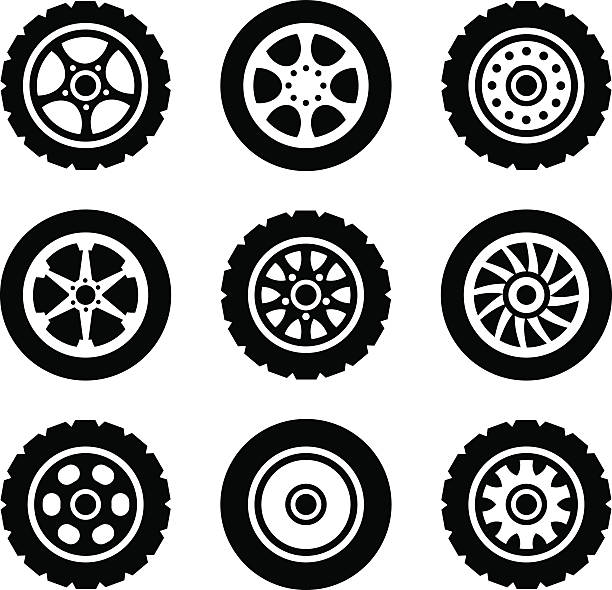
Choosing the right tyre for your vehicle is essential for safety, performance, and efficiency. Here are some factors to consider when selecting a tyre:
- Tyre type: Choose a tyre that matches your vehicle and driving conditions (e.g., all-season, summer, winter, performance, etc.).
- Quality and brand: Research reputable tyre brands known for producing high-quality and durable tyres.
- Performance ratings: Consider tyre performance ratings on areas like traction, tread life, handling, and rolling resistance.
- Read reviews: Look for reviews and recommendations from reliable sources or seek advice from automotive experts.
- Tyre Size: Choose a tyre size that matches your vehicle’s specifications. The correct tyre size is usually listed in your vehicle’s owner’s manual and on the sidewall of your current tyres.
- Tread Pattern: Tread patterns affect traction in different conditions. Tyres with deeper and more aggressive treads are better for off-road or wet conditions, while shallower treads might offer better fuel efficiency and a quieter ride.
- Traction and Grip: Consider the tyre’s wet and dry grip capabilities. Look for high-quality tyres that provide good traction to ensure safe driving in various conditions.
- Load Capacity and Speed Rating: Choose tyres that can handle your vehicle’s weight and match its intended speed capabilities. Load capacity and speed ratings are indicated on the tyre sidewall.
- Weather Conditions: Base your choice on the predominant weather conditions in your area. If you live in an area with harsh winters, winter or all-weather tyres might be necessary.
- Durability and Tread Life: Tyres with longer tread life might be cost-effective in the long run, but consider the trade-off with performance and grip.
- Fuel Efficiency: Some tyres are designed to improve fuel efficiency by reducing rolling resistance. This can lead to better mileage, but it might impact traction and handling slightly.
- Noise and Comfort: Check reviews and ratings for noise levels and ride comfort. Some tyres are designed to provide a quieter and smoother ride.
- Budget: Set a budget and look for tyres that meet your requirements within that range. Remember that higher-quality tyres often offer better safety and performance.
- Brand and Reviews: Consider reputable tyre brands known for their quality and reliability. Reading reviews from other drivers can provide insights into real-world performance.
- Warranty: Check the tyre manufacturer’s warranty, which can give you an idea of the tyre’s expected lifespan and protection against manufacturing defects.
- Uniformity and Balance: Ensure that your chosen tyres are well-balanced and properly aligned, as this affects both tyre longevity and vehicle performance.
- Tyre Types
- All-Season Tyres: These tyres are designed to perform well in various conditions, including dry and wet roads. They offer a good balance between comfort, traction, and longevity.
- Summer Tyres: These tyres are optimized for performance in warm and dry conditions. They provide excellent grip and handling but may not perform well in cold or wet weather.
- Winter Tyres: Designed for cold temperatures and snowy/icy conditions, these tyres offer superior traction and stopping power in winter weather.
- Performance Tyres: Geared towards sportier driving, these tyres emphasize grip and handling at higher speeds. They might have shorter tread life and be less suitable for extreme weather conditions.
Let us know of other Tyre types we did not mention, or make your contribution by asking a question or commenting.


Add a Comment